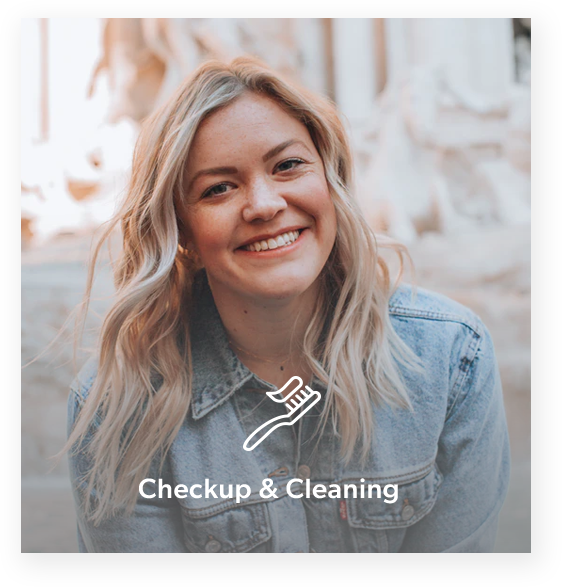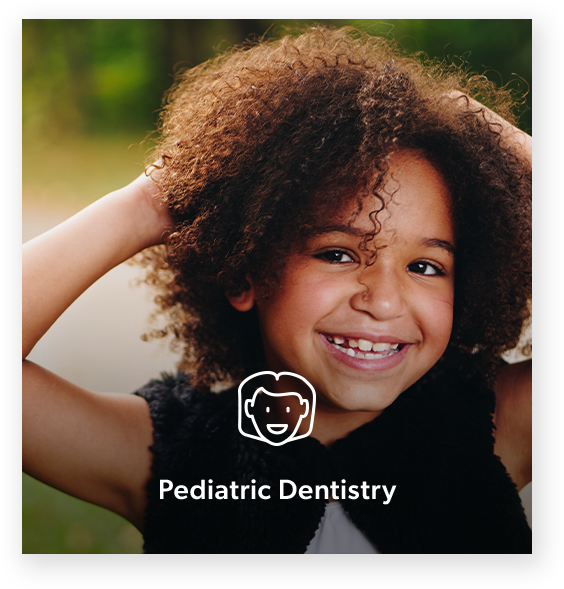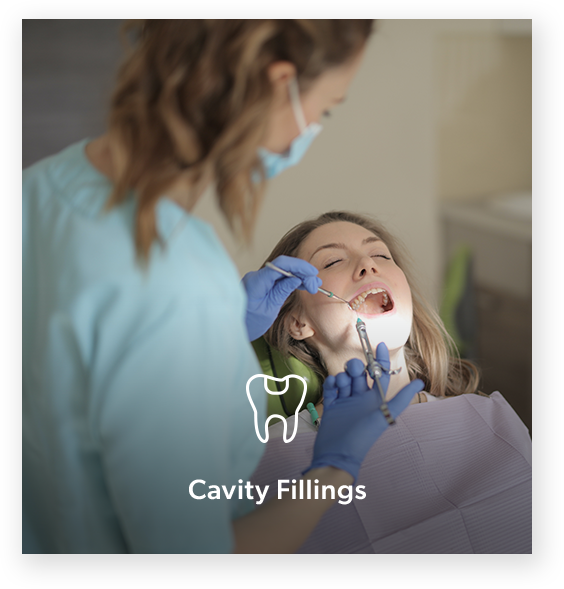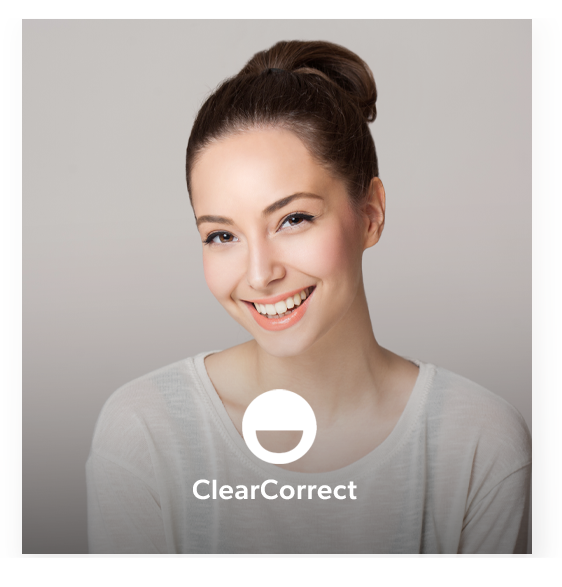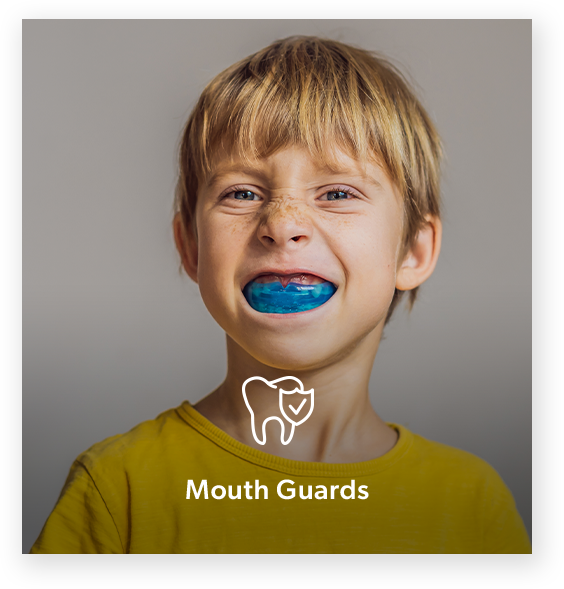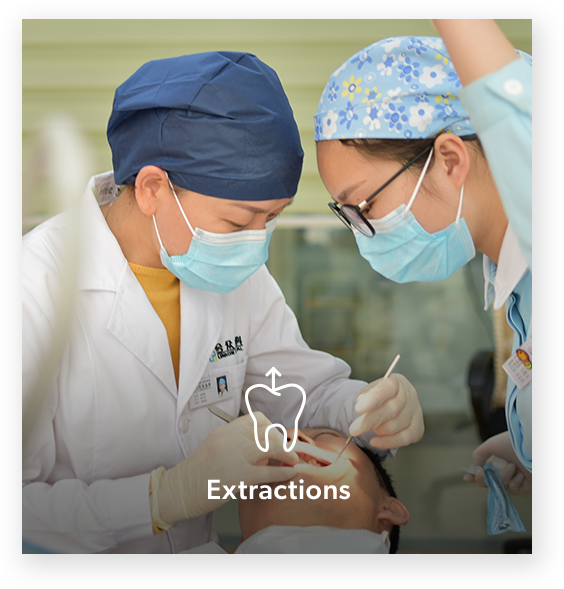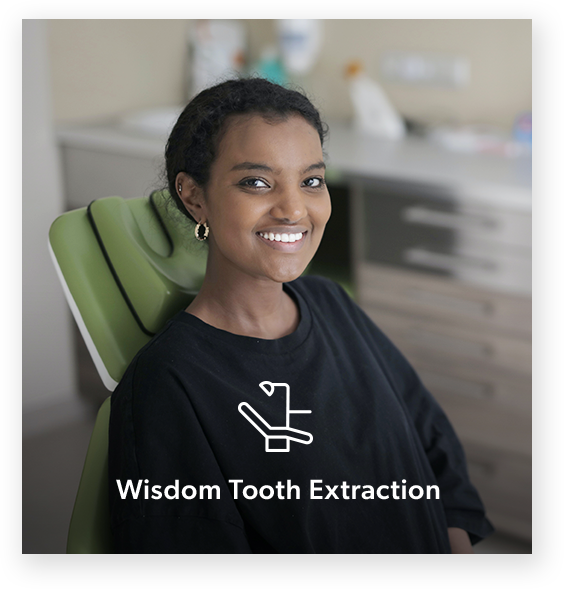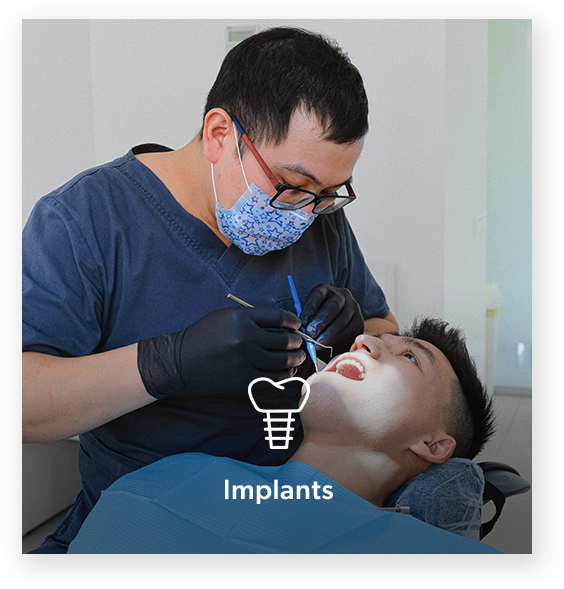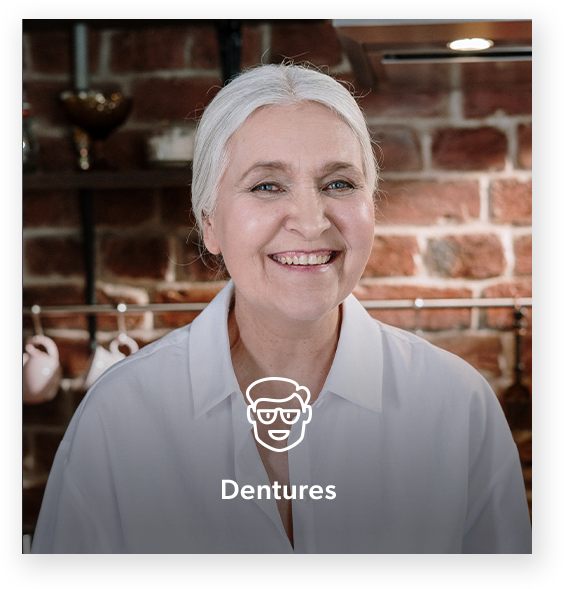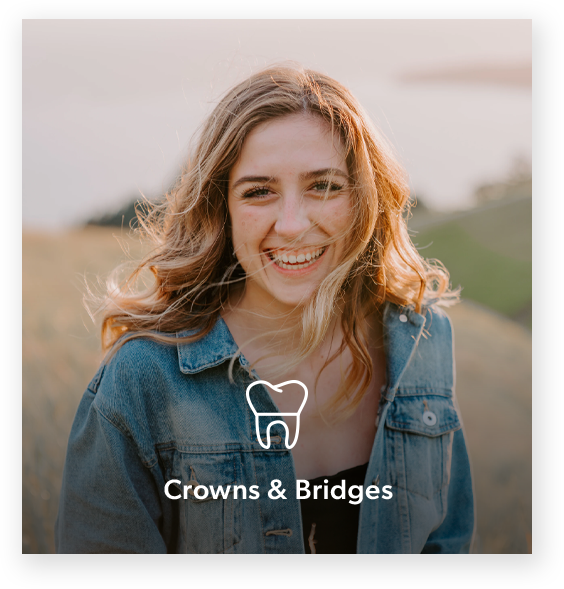Pediatric Dentistry

Children and infants have unique oral care needs. More often than not a child will go to a dentist after they are at least three years of age, however we definitely encourage you to bring them in early. Read the case study below for more specific reasons why you should come in early in a child’s development.
Summerlea Dental provides dental care for the entire family, including children of all ages. Because we know visiting the dentist can be a little overwhelming and scary at first, you’ll find that our friendly, attentive staff will quickly put your children at ease so future scheduled visits are far less intimidating. From the eruption of your child’s first teeth to providing regular cleanings and exams, digital x-rays, and more, we’re there for you and your children all the way from their infancy to their teens and beyond.
When Should I Bring My Child For His Or Her First Visit?
One of the questions we get asked the most frequently by parents is when they should bring their children in for their first visit to the dentist. We typically like to see children at the age of three (though many parents choose to bring them in earlier than that). Their first visit serves two primary purposes: (1) it provides a comfortable introduction to the dentist so they’ll enjoy coming back for their future scheduled visits and (2) it provides screening for any developmental issues they may be experiencing. In short, it sets the tone for the importance of their dental care and what they can expect for the rest of their lives.
What To Expect During Your Child’s First Dental Visit
During a first visit, our team will examine your child’s mouth, teeth, and gums. We may also take some digital x-rays to see the progress under their gums. We may also clean your child’s teeth and provide you with some helpful tips for preventative care at home in-between dental visits. Limiting your child’s daily sugar and starch intake by choosing nutritional snacks and helping them remember to brush and floss their teeth daily can help you and your children prevent future cavities. Remember, a well-balanced diet that includes fruits, vegetables, bread, and dairy is recommended. We’ll also suggest special toothbrushes and flosses that have been designed to accommodate the special needs of children and plan a schedule for keeping up with their regular dental visits.
Preparing For Your Child’s First Dental Visit
Before your child’s first dental visit, you may want to:
- Bring your child by our office for a preview tour
- Explore children’s books written on the subject of visiting the dentist
- Explain to them what they can expect/look forward to about their first visit
- Relate to them positively about your past experiences with the dentist
What To Expect With Children And Teeth Development
Most children develop their first baby teeth by the age of 6-8 months, and they typically have all 20 baby teeth in place by the time they’re about 2½ years old. They should start to see their first permanent teeth by the age of six, although some people lose their baby teeth much earlier and later than others. Remember, every child is different! Regular checkups and exams are typically recommended once every six months, which is about the frequency most adults visit their dentist. As a matter of fact, many of our patients schedule their child’s checkups around the same time as theirs so they can both visit the dentist at the same time
Read more about pediatric dentistry in our clinical papers:

